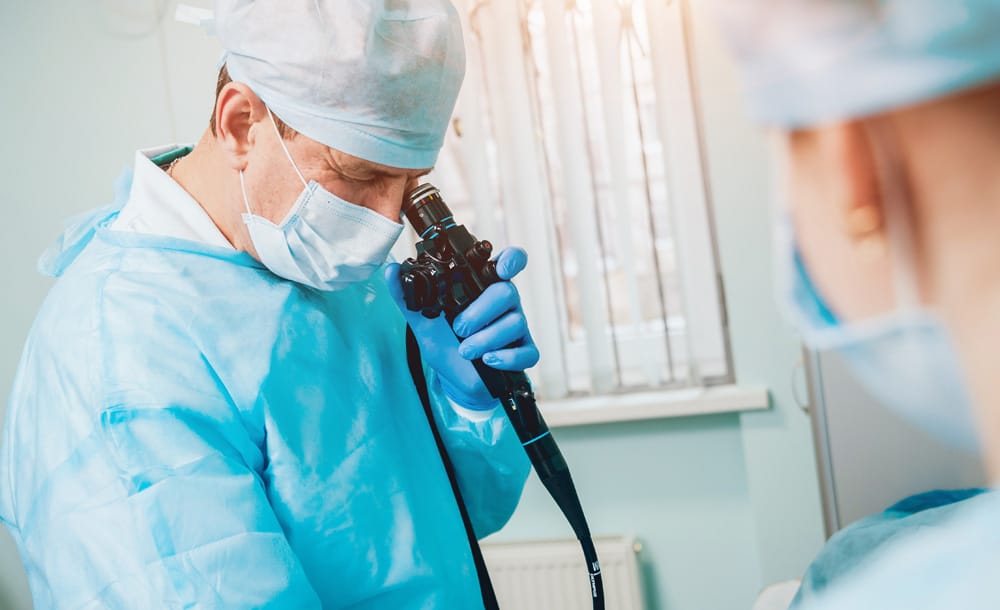Montserrat Gastroenterology and Digestive Health Experts
GASTROENTEROLOGY & DIGESTIVE HEALTH
For more than 20 years, Montserrat’s Gastroenterologists and General Surgeons have been leaders in their field, managing all aspects of our patients’ gastrointestinal health.
Since 1995, Montserrat Day Hospitals has played a pivotal role in Australia’s management of bowel disorders in day hospitals and shaped the exceptional standard of care you receive from our gastrointestinal specialist team.
Our Gastroenterologists and General Surgeons collectively perform over 10,000 endoscopy and gastroscopy procedures each year at select locations in QLD and NSW.
Montserrat has always sought to ensure patients receive exceptional care close to home by warm and empathetic staff in an environment more comfortable and inviting than your typical hospital setting. Every day, we strive to make this a reality for our patients.
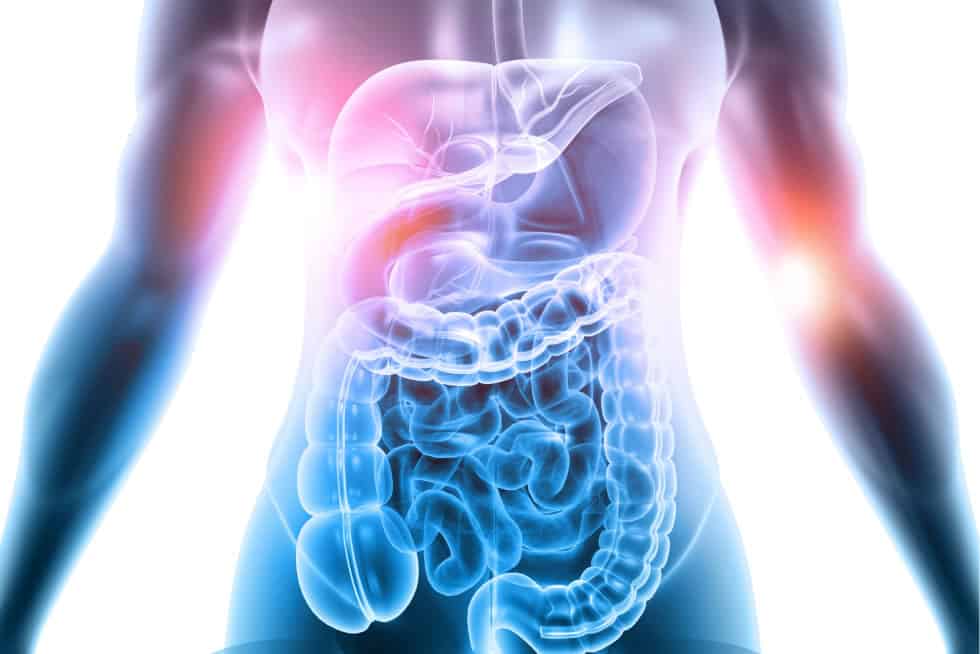
BOOKING ENQUIRY FORM
For bookings and enquiries contact our experienced team on 07 3833 6701 | bookings@montserrat.com.au or complete the enquiry form below:
Complimentary on-site patient parking at our Brisbane and Bundaberg locations.
Our Gastrointestinal Specialist Team
Montserrat’s team of Gastroenterologists and General Surgeons have access to the most advanced gastrointestinal medical equipment to diagnose, treat and manage patients’ gastrointestinal disorders. We have industry-leading benchmark detection and satisfaction rates, and we digitally record all endoscopy procedures for peer review. We know this best practice approach enables us to provide high-quality outcomes for patients.
We offer a full range of Digestive Health Services, specialising in the treatment and management of
Common Gastrointestinal Disorders:
- Coeliac Disease
- Colon Cancer Prevention, Polyp Detection and Surveillance
- Diverticulitis
- Gastro-Oesophageal Reflux Disease (GORD)
- Haemorrhoids
- Oesophageal Dysmotility
- Peptic Ulcer Disease
Disorders of the Gut-Grain Axis (functional Gastrointestinal Disorders/IBS)
- Bloating and Gas
- Constipation
- Diarrhoea
- Food Intolerances including Specialist Dietetic Input
- Further investigation and diagnoisis of common GI symptoms
- Pelvic Floor Disorders, Faecal Incontinence
Inflammatory Bowel Disease
- Crohn’s Disease, Ulcerative Colitis
- Medical and Surgical
Liver Disease, Including
- Alcohol-Related Liver Disease
- Autoimmune Hepatitis
- Cirrhosis Management and HCC Screening
- Further investigation and workup of abnormal LFTs
- Haemochromatosis and investigation of Hyperferritinaemia
- Hepatitis B and C and Antiviral Treatment
- Liver Transplantation Assessment
- Metabolic Associated Fatty Liver Disease (NAFLD)
- Primary Biliary Cholangitis
- Primary Sclerosing Cholangitis
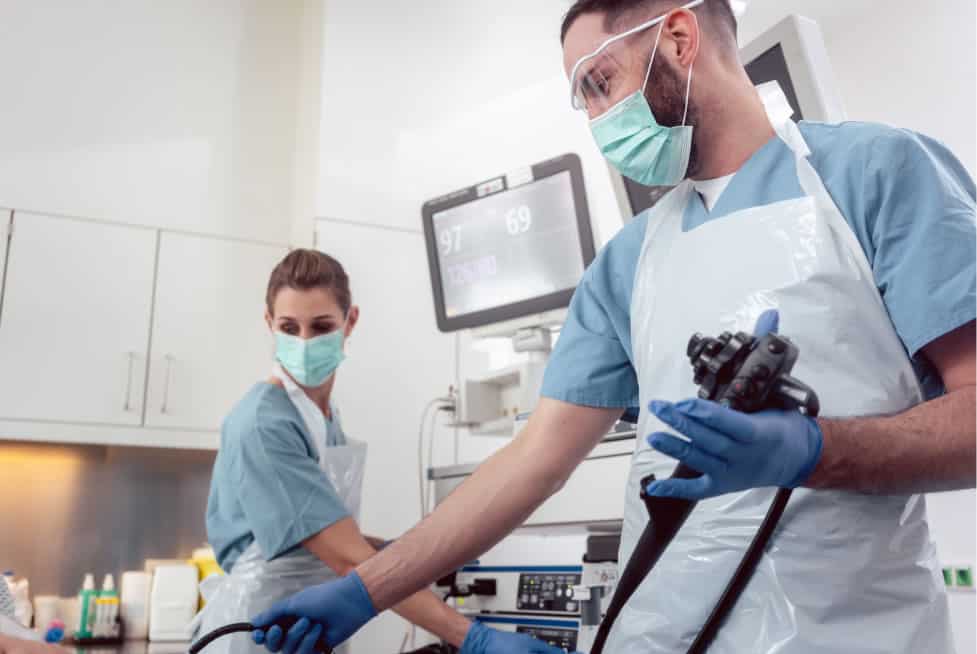
Our Procedures
Montserrat’s Gastroenterologists and General Surgeons specialise in the following procedures, performing over 10,000 gastroscopies, colonoscopies and capsule endoscopies each year:
Procedures
- Capsule Endoscopy (Pillcam)
- Colonoscopy and Polypectomy
- Gastroscopy (including dilatation)
- Iron Infusions
Our patients are cared for by specialised teams who manage and oversee the care of each patient throughout their course of treatment. Continuity of care is a major focus for our medical team.
Coming into a healthcare facility can feel daunting. However, our team’s compassion, empathy and experience reduce these feelings of anxiety as treatment in a Montserrat Day Hospital allows our patients to return to the comfort of their homes faster.
We have agreements with all major health funds. For patients without health insurance, we can organise an all-inclusive, highly competitive quote.
rapid access Colonoscopy & Gastroscopy Services
At Montserrat Day Hospitals, we can see eligible patients via our Rapid Access Endoscopy Program within 14 days of receiving their GP referral with no initial consultation.
What is our Rapid Access Endoscopy Service?
Our Rapid Access Endoscopy service gives patients priority access and expert advice at a reduced cost if an initial consultation isn’t required. When patients visit us through this Program, their results are provided to their GP immediately after the procedure and to the patient upon discharge.
One of the many benefits of our Rapid Access Endoscopy Program is that, for example, a patient with a positive FOB (ie. blood in their stool) can be seen by a Montserrat Specialist within 7-14 days instead of having to wait weeks to investigate the issue further. This helps patients overcome feelings of stress and uncertainty as they receive priority, high quality care from the next available Montserrat Gastroenterologist or General Surgeon.
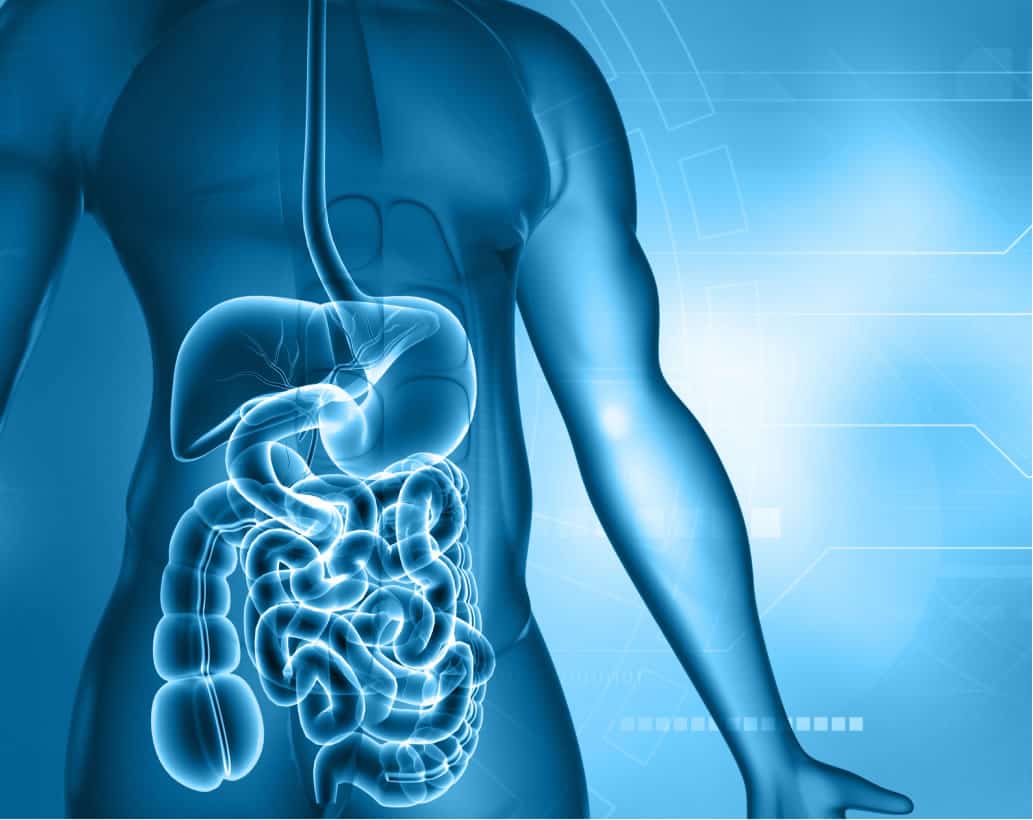
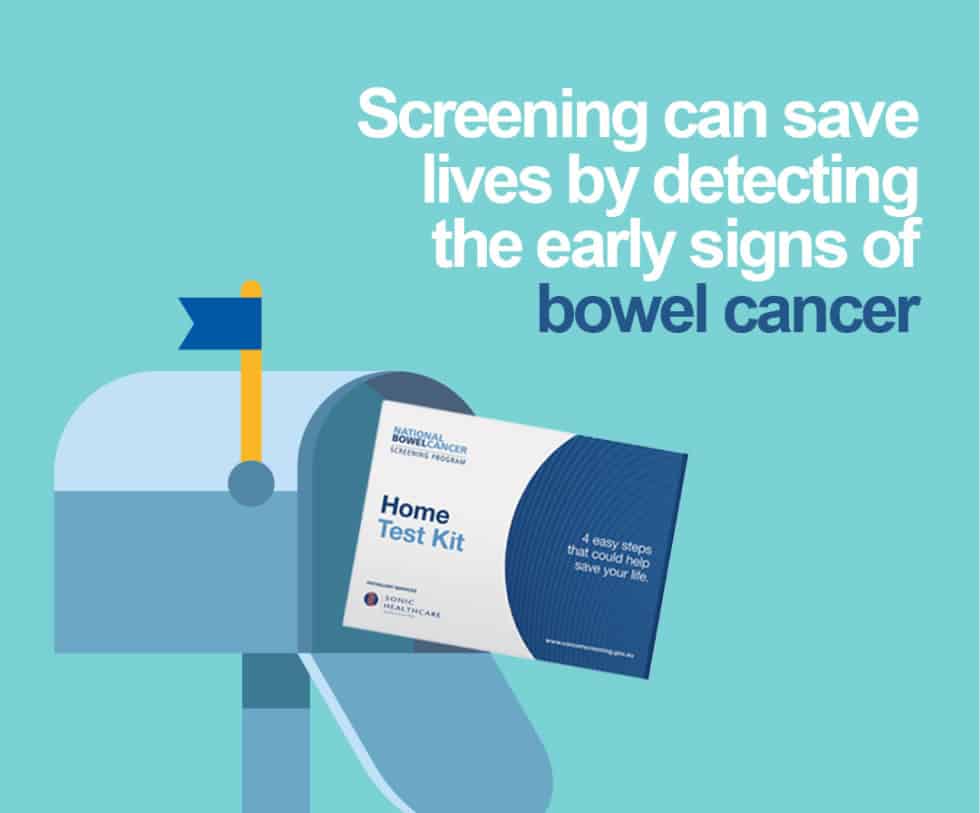
The National Bowel Cancer Screening Program
The National Bowel Cancer Screening program is a nationwide initiative designed to save lives by detecting the early signs of bowel cancer, Australia’s leading cause of cancer-related death.
Eligible Australians aged 45 to 74 can do a free, simple test (for pathologists to check if there is any blood in your stool) that is carried out at home. If 60% of the population does their bowel screening tests, more than 24,000 additional lives will be saved by 2040.
Our Rapid Access Endoscopy Program is an excellent service available to people who detect blood in their stool as the wait time is minimal to see one of our Specialists.
Image Credit: Queensland Health
GASTROINTESTINAL Procedures
At Montserrat Day Hospitals, we specialise in the following gastroenterological procedures:
What is a Colonoscopy?
A colonoscopy is performed using a colonoscope (a long, thin flexible tube equipped with a mini video camera and fibre optic lighting) to examine the lower gastrointestinal tract (colon or large bowel), remove polyps (a projecting growth of tissue from a surface in the body, usually a mucous membrane), inject bleeding blood vessels and take samples of tissue for examination.
A colonoscopy is the most reliable method of bowel examination, but small abnormalities, including cancers, can be missed. It’s important to have a clean bowel to reduce missing any small polyps.
Before the colonoscopy, you will be given a preparation kit. The bowel preparation cleans the colon out, so it’s empty and ready for the colonoscope to be inserted.
A colonoscopy may be recommended by your Montserrat Gastroenterologist or General Surgeon to investigate or confirm conditions such as
- Rectal bleeding
- Colonic polyps
- Diverticulosis and diverticulitis
- Irritable Bowel Syndrome (IBS)
- Inflammatory Bowel Disease (IBD): Crohn’s Disease or Ulcerative Colitis
- Other types of colitis
- Colon cancer
Complications are rare as our Montserrat Specialists are experienced in performing this type of procedure. We have a duty of care to inform you of the potential side effects, which include:
- Reaction or sensitivity to sedative medication
- Perforation of the lining of the bowel (about one patient in 2000-5000
- Bleeding (about one patient in 300-500)
Infection of the bowel, blood and other organs - Heart attacks, cardiac arrests, blood clots and breathing problems (very rare)
The most accurate method to examine a person’s colon is through colonoscopy. Whilst there is a small risk, abnormalities may not be detected as no test is perfect. Montserrat has a robust quality management system to ensure our colonoscopies are performed to the highest standard using the latest diagnostic medical equipment.
What is a Gastroscopy (Upper Gastrointestinal Endoscopy)?
A gastroscopy or upper gastrointestinal endoscopy involves using a thin flexible tube (endoscope) to examine the upper digestive tract.
The endoscope is inserted into the mouth, down the oesophagus, through the stomach and into the first part of the small intestine.
If you are having a gastroscopy, you shouldn’t eat or drink for six hours before the procedure to ensure you have an empty stomach for your Specialist to see.
Your Gastroenterologist or General Surgeon will advise you about the specific details before the procedure takes place, and full disclosure of your medical history will be requested at this time.
Your doctor will perform a gastroscopy to investigate symptoms such as
- Indigestion
- Nausea
- Difficulty swallowing
- Stomach pain
A gastroscopy can also be used to treat
- Bleeding ulcers
- Widen a narrow oesophagus
- Remove a foreign body
- Remove polyps
- Take tissue samples of anything unusual for further investigation
Gastroscopy is a safe procedure, and serious complications are rare. However, it is important to be aware of potential health issues, including
- Reaction or sensitivity to medication used for sedation
- Puncture of the lining or the gullet, stomach or duodenum
- Infection in the neck, chest or abdominal cavity following a puncture
- Bleeding (if a polyp is removed)
- Lung infection due to vomiting during the procedure
Please advise your Montserrat Specialist if you wish to be given more details about the complications of gastroscopy.
Capsule Endoscopy
(Available at our Westside Private, Taringa Brisbane location)
Small Bowel Capsule Endoscopy (or Pillcam) is used to examine the small bowel for the presence of disease.
This type of endoscopy reaches the parts of the small intestine that cannot be reached during a traditional gastroscopy or colonoscopy.
For this procedure, patients are asked to swallow a capsule containing a miniature camera that captures images as it travels through the gastrointestinal tract before sending them wirelessly to a recorder worn around the waist. The capsule is usually passed with faeces within one to two days.
A colonoscopy is the most reliable method of bowel examination, but small abnormalities, including cancers, can be missed. It’s important to have a clean bowel to reduce missing any small polyps.
Some benefits of Small Bowel Capsule Endoscopy are:
- It doesn’t require sedation
- Is less likely to cause discomfort
- Has fewer potential complications
However, some procedures such as specimen collection or taking a biopsy are not possible during a Small Bowel Capsule Endoscopy.
This procedure requires the patient to fast overnight and then swallow the capsule. There is no anaesthetic involved, nor does the patient need to remain in the hospital during this time.
Small Bowel Capsule Endoscopy may be recommended by your Montserrat Specialist to investigate conditions such as
- Crohn’s Disease
- Coeliac Disease
- Small bowel tumours
- Anaemia of unexplained origin
Small Bowel Capsule Endoscopy is considered a safe procedure, but in a small number of patients complications may occur.
- Although low risk, it is possible the capsule may get stuck in the gastrointestinal tract while transiting through the system. It’s essential to inform your Montserrat Specialist if any signs of possible complications develop.
- If your treating Doctor suspects the capsule hasn’t passed and you have symptoms of concern, x-rays may be required, followed by procedures to remove the capsule.
- Symptoms include fever, vomiting, trouble swallowing, and increasing chest and abdominal pain.
What is an Iron Infusion?
Iron is an essential mineral in the human body, and if you don’t have enough iron, your body cannot make haemoglobin. This can lead to anaemia, a condition in which you lack enough healthy red blood cells to carry adequate oxygen to your body’s tissues. Symptoms of anaemia include feeling tired, paleness, dizziness, headaches, difficulty breathing, a fast heartbeat and feeling cold (especially in your hands and feet).
Iron tablets are often poorly tolerated due to side effects, and the amount of iron absorbed is minimal, meaning tablets must be taken for many weeks or even months to restore iron levels.
One of the most common ways of treating iron deficiency (low iron) and iron deficiency anaemia is with an intravenous iron infusion (Ferinject), where iron is delivered into the vein through a needle cannula to increase the levels of iron and haemoglobin in the body. This restores the iron levels in the body back to normal (in cases of iron deficiency), and allows the body to make more haemoglobin (in cases of iron deficiency anaemia).
A small cannula is inserted into your arm and iron is infused over 15 minutes (or longer depending on the iron used) into your vein.
Who can receive Intravenous Iron Supplementation?
Patients who receive intravenous iron commonly do so because they cannot take iron orally, due to:
- Side effects of oral iron being intolerable
- A trial of oral iron has not increased the patient’s iron levels
- Oral iron is not absorbed due to gastrointestinal disease (coeliac disease)
- Oral iron cannot replace enough iron due to ongoing bleeding/blood losses (eg. heavy periods, gut bleeding)
Other patients who receive intravenous iron infusions are:
- Patients who are anaemic and need to increase their blood levels quickly (without resorting to a blood transfusion)
- Patients who are bleeding in the gastrointestinal tract and need to replace iron quickly
- Patients who have Inflammatory Bowel Disease (IBD) and cannot take oral iron because it upsets their gastrointestinal tract
- Patients who are on kidney dialysis
- Patients with iron-deficiency anemia who are having high blood loss surgery within the next two months
- Patients with coeliac disease
- Cancer patients who have anaemia and are taking Erythropoiesis Stimulating Agents (ESAs)
- Eat your breakfast and lunch as there is no need to fast for an iron infusion
- Take your regular medications
- Be prepared to have a small IV drip put into your arm or hand
- Know how to call for help during your infusion in case you have a reaction
Intravenous iron is a common and safe procedure and is usually well tolerated, however, like all medical procedures there are known side effects. These side effects are usually minimal, but they may include:
- Iron Staining at Site of Infusion (Tattooing)
This is a rare side effect, which is easily avoided. When the cannula is inserted into the vein, in preparation for the iron infusion, if the cannula is misplaced, the iron will be deposited under the skin, leading to a permanent tattoo. To prevent tattooing, when our Specialist inserts the cannula, it is flushed afterwards with saline to ensure it is in the correct position and it is monitored carefully during the infusion. - Allergic Reactions
With the newer intravenous iron formulations, severe allergic reactions (anaphylaxis) are rare. Occasionally some patients will develop hives after the procedure, which usually respond to antihistamines. If you have severe allergies, sometimes an antihistamine will be given before the infusion. - Post Infusion Reaction
This occurs up to one week later in approximately 5% (or 1 in 20) patients. It is not an allergic reaction, but rather a reaction of the body to the iron. Flu-like symptoms can occur, including:
– Fever
– Headache
– Muscle aches and pains
– Gastrointestinal discomfort
– Nausea
– Vomiting or
– DiarrhoeaReactions like this are usually self-limited to 24 hours and will resolve on their own
Other possible reactions, which happen rarely include:
– Bloating or swelling of the face, arms, hands, lower legs or feet
– Dizziness or light-headedness when getting up suddenly from a sitting or lying position
– Problems with breathing
– Chest pain
– Low blood pressure
- Delayed reactions
Rarely (after iron infusions) have there been reported cases of prolonged hypophosphataemia (low Phospate levels) requiring prolonged replacement. This is more likely to happen if your Vitamin D levels are low (but are still extremely rare).
Meet Our World-Class Team of Gastroenterologists & General Surgeons
Montserrat Locations Offering Gastrointestinal Services
Westside Private Hospital
Level 1 Westside Private Hospital, 32 Morrow Street
Taringa Q 4068
Phone (07) 3833 6701
Email bookings@montserrat.com.au
Fax (07) 3833 6740
North Lakes Day Hospital
7 Endeavour Boulevard, North Lakes Qld 4509
(Located next to QHealth Precinct)
Phone (07) 3833 6755
Email bookingsbrisbanenorth@montserrat.com.au
Fax (07) 3491 3614
Samford Road Day Hospital
383-391 Samford Rd, Gaythorne Qld 4051
(behind Enoggera Army Barracks)
Phone (07) 3833 6794
Email bookings@montserrat.com.au
Fax (07) 3354 3296
Bundaberg Private Day Hospital
51 Commercial St, Kensington QLD 4670
Phone (07) 4152 4886
Email admin@bundabergprivate.com.au




